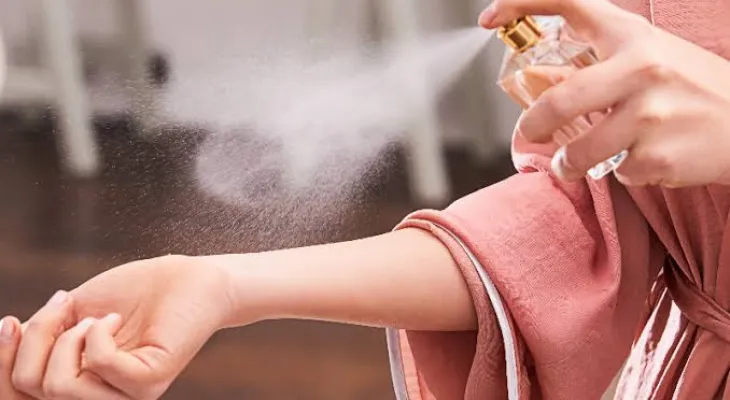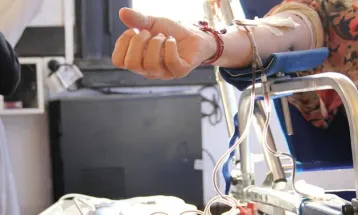
How AI and neuroscience can help perfumers create scents
Perfume making is an art whose origins date back to ancient Greece. But today, modern perfumers are thinking outside the box to develop the scents that are most appealing to us. Instead, they turn to AI.
Perfume can now be designed to evoke an emotional response using ingredients known as neuroperfumes. Neurofragrances are scents that use biometric measurements to induce various positive emotions such as calmness, euphoria, and sleepiness.
Hugo Ferreira, a researcher at the Institute of Biophysics and Biomedical Engineering in Lisbon, is building a neurofragrance database by mapping brain activity and responses to perfumes. He says the sense of smell is interesting. "Through sight and hearing, a person can imagine the face of a loved one or a favorite song. Smells can evoke a flood of emotions and memories, but it is difficult to imagine smells."
Ferreira says this is due to the structure of the olfactory system. Messages from odor receptors are sent via the olfactory bulb to different areas of the brain, controlling everything from memory to thirst to stress responses. “Olfaction is the most diverse sense with a variety of receptors. It is estimated that there are approximately 400 different gene families for olfactory receptors. These various connections can explain, among other things, how it happens that when we "smell" fear or victory, we obviously feel better and are apparently more affected. L'Oréal has partnered with neurotechnology company Emotiv to create an "experience" of scent selection. In 2023, shoppers at select Yves Saint Laurent stores around the world used headsets to measure their electroencephalograms (EEGs) to find out which scents attracted them. Results so far show that 95% of customers who used the headset found the right perfume. Fashion fragrance company Puig says research required 45 million brain measurements from men aged 18 to 35 to improve Paco Rabanne's Phantom Cologne, which added lavender and lemon to the formula. Announced. Givenchy Irresistible eau de parfum – the latest iteration of the Very Irresistible range that has been a bestseller for 20 years – includes a rose extract dubbed “anti-morose”, chosen after biometric research.
While mass-market scents can only make so much use of this technology – any scent for sale across five continents has to appeal to a broad audience – niche perfumiers are creating ultra-personal formulas. South Korean company Amorepacific`s personalised bath bomb, created using real-time biodata by a “bathbot” is, sadly, not available internationally, but EveryHuman – an algorithmic perfumery based in the Netherlands – makes unique scents in a matter of minutes using a questionnaire and algorithms. This month, the company diversified into room fragrance and now visitors to Moooi furniture store in London can watch their Willy Wonka-esque machine in action.
Anahita Mekanik is co-founder of EveryHuman and previously worked at major fragrance houses for 20 years in scent development and marketing. she says: “My interest in algorithmic perfumery is the access it gives people.

















